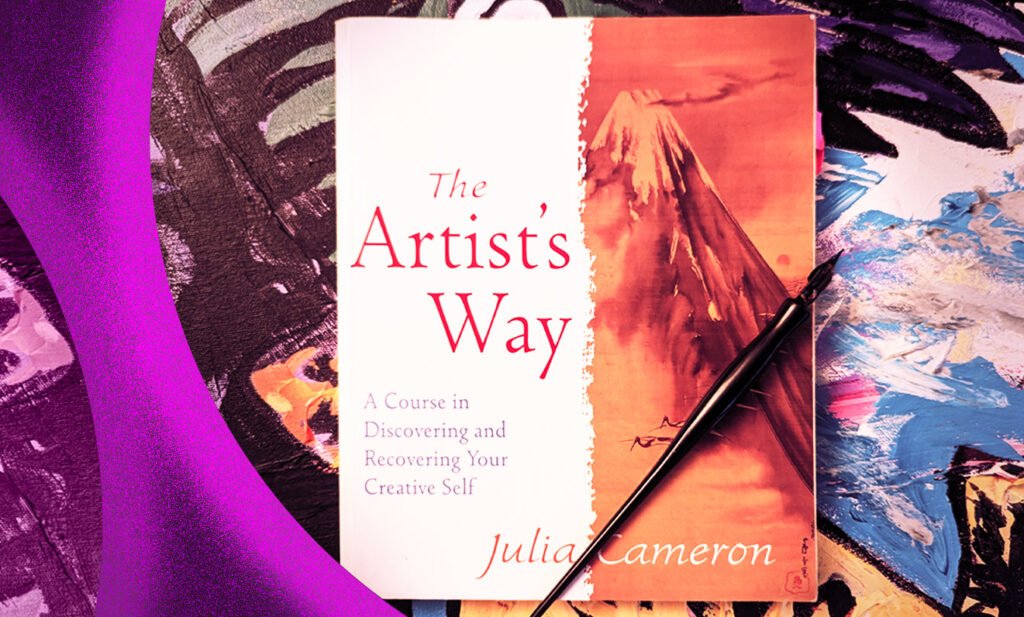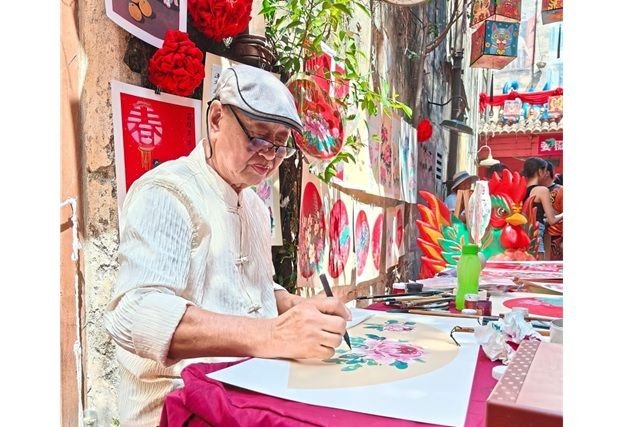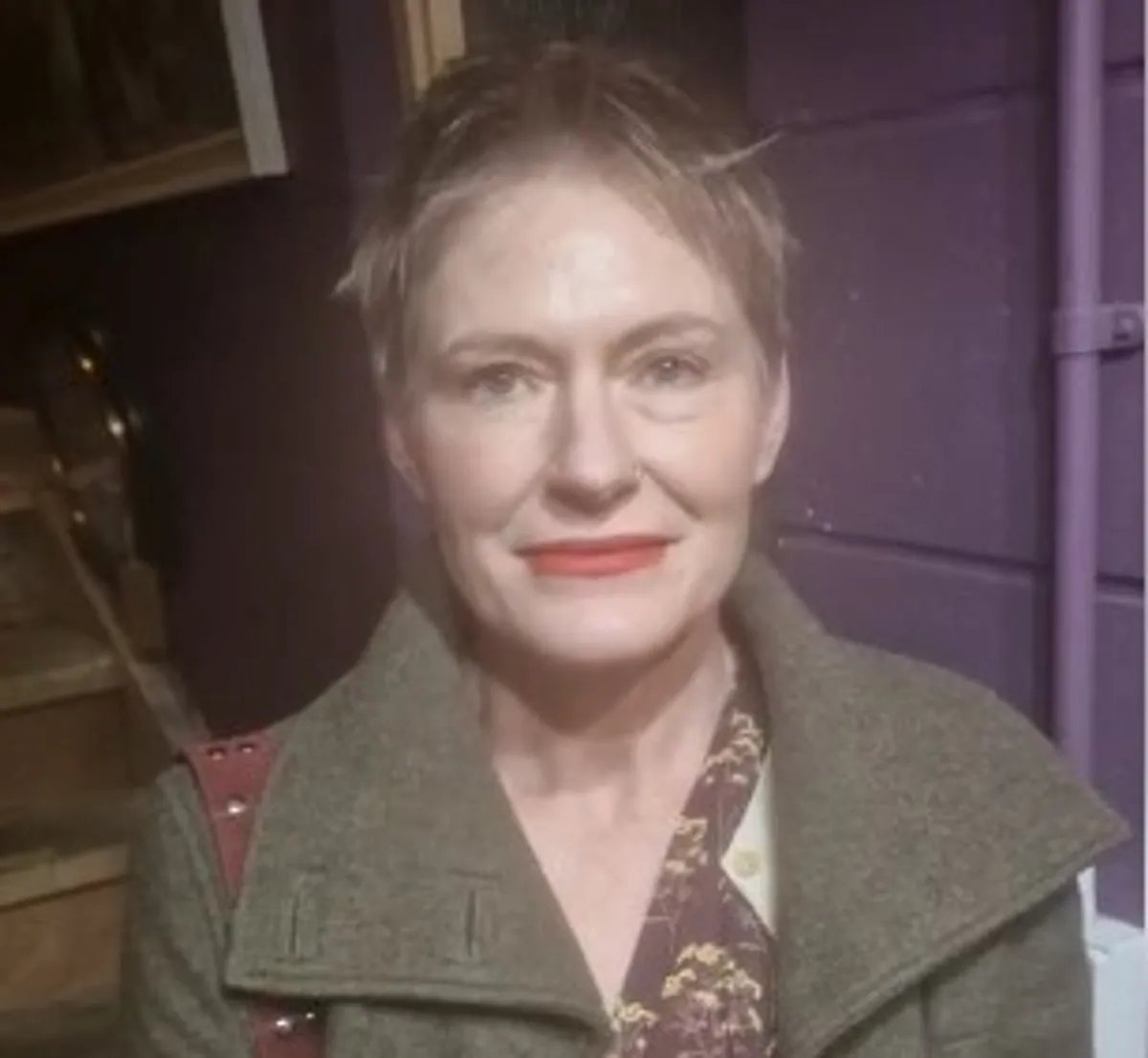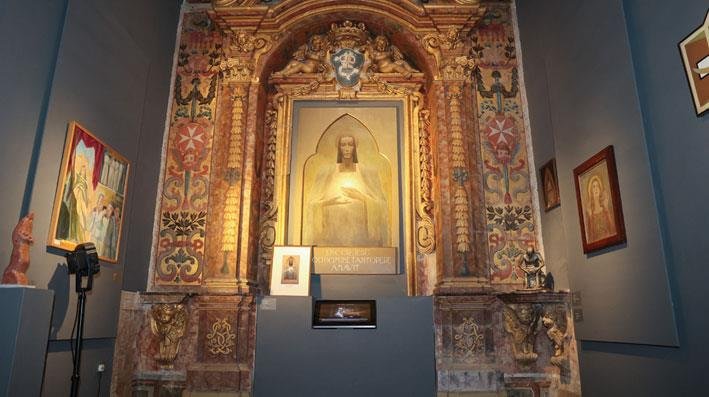Do you need to relight your creative fire? Are you artistically blocked, scared, procrastinating or just yearning to express something buried inside? Or maybe you need help to make time for art and spark more internal freedom and joy.
It doesn’t matter if you’re a professional artist or a weekend hobbyist with vague artistic longings, the reason why The Artist’s Way remains one of the original and best creativity manuals in a now-crowded field, is that its principles and practices work if you want them to and put in the time.
In this FREE journey to creative recovery, we’ll follow The Artist’s Way 12-week program with a series of inspiring articles full of resources, ideas for artist-date activities, and a Facebook community group for discussion and support. Grab a copy of the book, start reading and look out for our weekly articles each Monday, starting from Monday 4 March.
The truth about The Artist’s Way
Here’s the truth: The Artist’s Way is a book that can change your life. The New York Times called its author, Julia Cameron, ‘the queen of change’.
First published in 1992, The Artist’s Way remains a bestseller, translated into 40 languages, and appearing with multiple covers – from the old Zen mountaintop and flock of birds, to the new watermarked blue and green silk. It was a surprise lockdown hit, fuelled no doubt, by a celebrity cult following.
Outlining a 12-week course in ‘discovering and recovering your creative self’, the book has been lavishly praised by the likes of Elizabeth Gilbert (who says, ‘Without The Artist’s Way there would be no Eat, Pray, Love‘), Tim Ferris, Helmut Newton, Anne Lamott and Reese Witherspoon. There’s even an endorsement by the author’s ex-husband, filmmaker Martin Scorsese, who says (a bit gruffly, we imagine): ‘This is a book that addresses a delicate and complex subject. For those who will use it, it is a valuable tool to get in touch with their own creativity.’
Keep up to date with The Artist’s Way series here
Morning Pages and Artist Dates
‘Using it’ is the key here. Reading is not enough. Nor is giving it to a friend or partner as a gift a guarantee they’ll find their way out of a slump – I know because I’ve tried.
The reason The Artist’s Way works is because it requires a definite commitment to one’s self and practice over a period of time. It’s about an almost religious devotion to “recovery” using two main tools: Morning Pages and Artist Dates, as well as ongoing weekly activities that sometimes feel silly, but can be surprisingly transformative, like writing a list of all the things you wanted to be as a child.
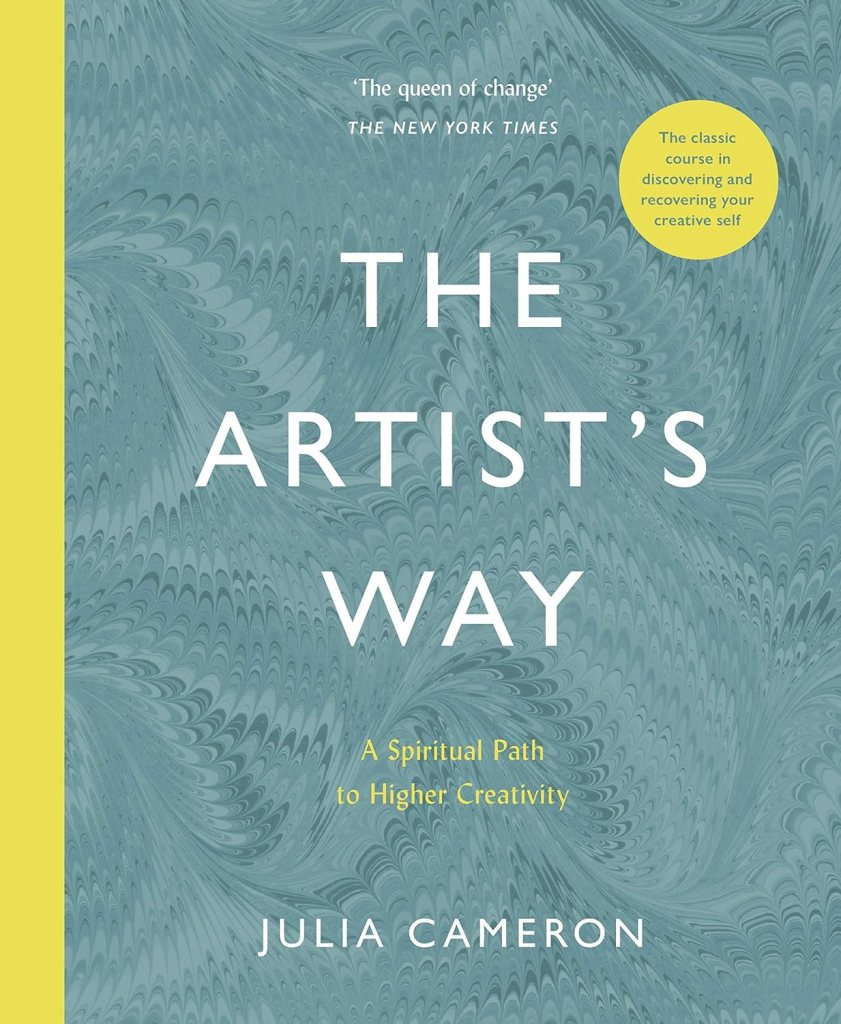
Morning Pages: Three pages of stream-of-consciousness longhand writing every morning. This exercise is designed to clear the mind, tap into the subconscious and spark creativity. Not designed to be read or saved, Morning Pages are a way to bypass the inner critic and access deeper layers of creative expression.
Artist Dates: Artist dates are weekly solo excursions designed to nurture and replenish the creative spirit. Participants are encouraged to engage in activities that inspire and delight, whether that’s visiting a museum, taking a nature walk, doing a craft project or going to a film. These outings, not to be done with children, partners or even dogs, are intended as an opportunity to play, explore and connect with the world in a way that serves no other “outcome” than exploration and inspiration.
God, ‘woo’ and 12-step recovery
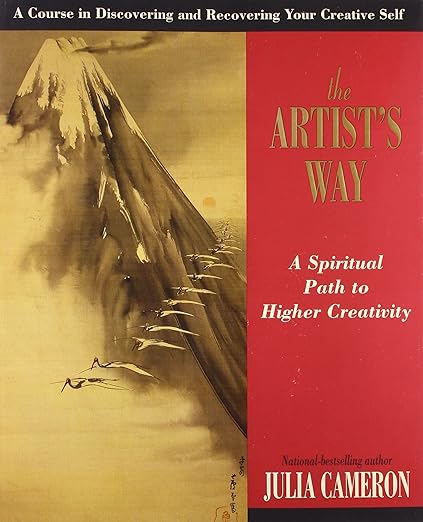
Inspired by Cameron’s own experience with serious addiction and recovery using the AA 12-step program, The Artist’s Way uses the words ‘God’ and ‘Higher Power’ a lot more than someone recovering from religious trauma may like. (Yes, me.) But there’s no denying the spiritual element of the program. Thankfully, Cameron acknowledges potential resistance and encourages such readers to substitute the words “Good Orderly Direction” or “flow” for God.
This fits in a secular zeitgeist where “creativity” and “inspiration” have become the new religion – the words we often use instead of “God”.
Even if you’re sceptical and allergic to “woo”, it seems unarguable that mystery, synchronicity and vocation remain at the heart of creativity. Elizabeth Gilbert, for instance, uses the concept Big Magic as the title of her own best-selling book on ‘creative living beyond fear’. Legendary music producer Rick Rubin, in his recent creativity manual The Creative Act: A Way of Being uses the word “source”. Me, I like to draw a tarot card some days, just for the random psychological insights and symbolic patterns that emerge when you submit to “not knowing yet’ – or to some Greater Wisdom.
Read: Me and my Mentor: Oakey and Catherine Truman
A personal journey
As a writer, I’ve followed The Artist’s Way course twice already in the past 15 years. I used the program to overcome crippling fears and self-criticism, and an inability to “find time” to write. The program helped to kick-start projects that eventually became a published memoir and a soon-to-be published novel.
I still write Morning Pages most days (using my favourite A4 notebooks and soft, erasible Palamino pencils that somehow make writing feel sensual, pleasurable and non-permanent. I find Morning Pages invaluable, especially in times of emotional turmoil, but when I skip them, it’s not a huge deal.
A confession: weekly Artist Dates are hard to do and I have often deferred them. There’s always a reason why this particular week isn’t a good one to spend time on “selfish”, “non-productive”, non-social activities. The program exists to counter exactly such prejudices and resistance that stops us doing the thing we deep down really need to do.
Another confession: I often fall off the program at Week 4, when Cameron advises a reading and media diet. We can talk about this more later. But even if you do fall off the wagon, or follow the program imperfectly, some parts of the process will stick. Whether it’s the ideas of “poisonous playmates”, the danger of becoming a “shadow artist” (someone who works close to artists, but doesn’t themselves create), dealing with criticism or avoiding “the virtue trap”.
It’s time for me to start a new project. I’m scared, but the fear is part of the process. The Artist’s Way is there to help, and I’m going back to it for the third time. I’ll be charting my progress here at ArtsHub in a series of 12 articles based on the chapters of the book, starting from 4 March. Would you like to join in and follow along?
Join in The Artist’s Way journey
Join me for this FREE journey to creative recovery, following The Artist’s Way 12-week program with a new article every Monday (from 4 March 2024), full of inspiring resources, ideas for those always tricky artist dates, and my own personal experiences and challenges as I follow the program. You’re also invited to join a special Facebook community group for discussion and support of the program.
Grab a copy of the book, and look out for our weekly articles, starting from Monday 4 March.
ArtsHub may earn a small percentage of commission for products purchased via affiliate links. These do not influence editorial content.

